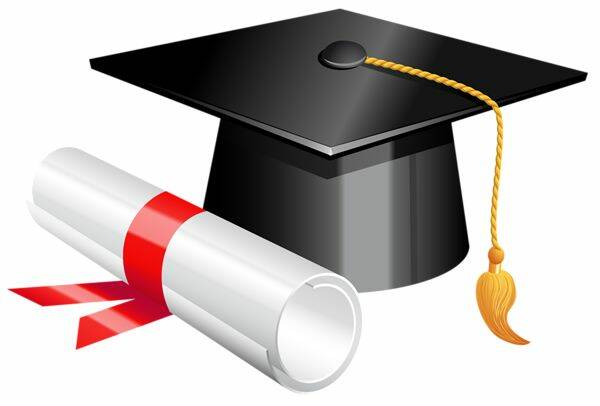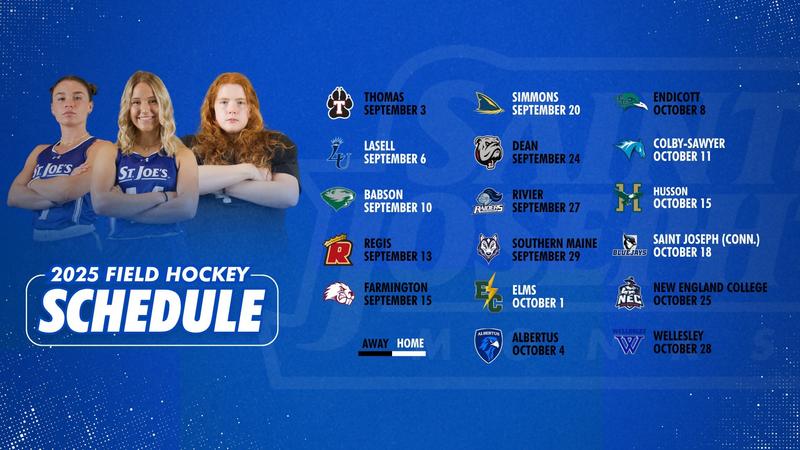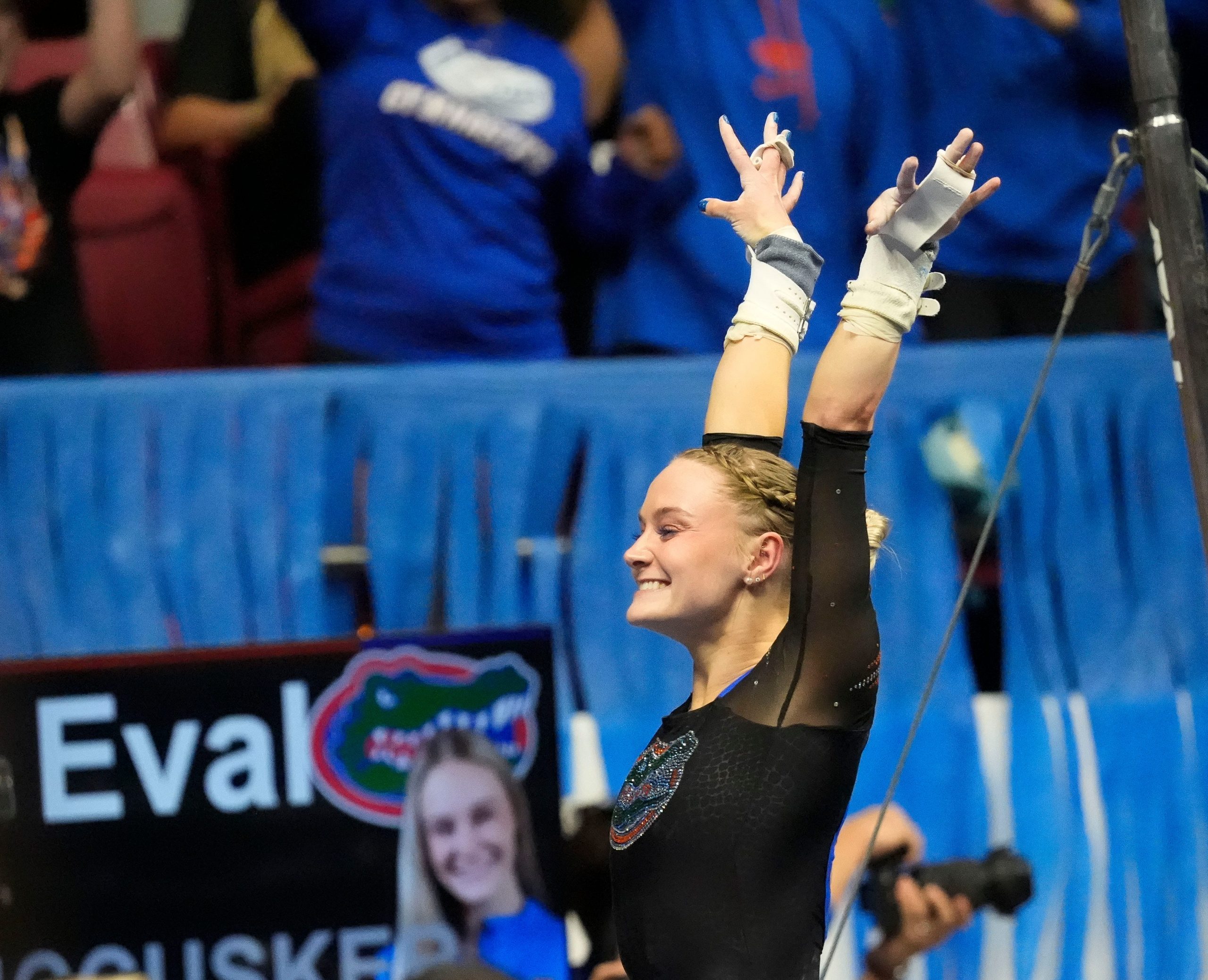Associated Press
FRISCO, Texas (AP) — Big 12 Commissioner Brett Yormark is doubling down on his preference to stay with only five automatic qualifiers if the College Football Playoff does expand from 12 to 16 teams as many expect after this season, instead of each of the four power conferences being guaranteed multiple bids.
“We have the responsibility to do what’s right for college football … not what’s right for one or two or more conferences,” Yormark said Tuesday at Big 12 football media days. “I think 5-11 is fair. Earn it on the field, assuming we want to expand. I love the current format, but if we’re going to expand, let’s do it in a way that’s fair and equitable and gives everyone a chance.”
While the Southeastern Conference and Big Ten will have more of a say on the playoff format starting in 2026, when ESPN’s $7.8 billion contract kicks in, Yormark believes the 5-11 format would be good for now and in the future. He said ACC Commissioner Jim Phillips feels the same way, and is expected to express that during his league’s media days in two weeks.
“We do not need a professional model because we are not the NFL,” Yormark said. “We are college football and we must act like it.”
In the 12-team format still in place for this season, the five highest-ranked conference champions are guaranteed spots in the playoff. The difference this year is that the top four highest-ranked champions are no longer guaranteed the top four seeds that come with first-round byes.
Among potential 16-team formats would be four automatic qualifiers from both the SEC and Big Ten, and two each for the Big 12 and ACC. The Big 12 last season had only conference champion Arizona State make the playoff last season.
“We want to earn it on the field,” Yormark said. “It might not be the best solution today for the Big 12, given your comments about (automatic qualifiers), but long term, knowing the progress we’re making, the investments we’re making, it’s the right format for us.”
Yormark, who is going into his fourth year as Big 12 commissioner, believes that the landmark NCAA House settlement will have a positive impact for all conferences, especially if the College Sports Commission works the way it is intended in enforcing the rules in the remade system.
“It will. I have a lot of faith in Bryan Seely,” Yormark said of the former Major League Baseball executive named CEO of the new CSC. “It should create a level playing field, and I’m not giving that up.”
The Big 12 was already in transition and still at 10 teams when Yormark arrived in 2022. BYU, Cincinnati, Houston and UCF joined the league the following year.
Texas and Oklahoma, who won football national championships while in the Big 12, completed their long-planned move to the SEC last year. That is when Pac-12 schools Arizona, Arizona State, Colorado and Utah came into what is now a 16-team Big 12.
“I think parity matters, and I think ultimately over time, and that’s hopefully sooner than later, there’ll be a couple of our schools that will emerge, you know, as elite schools that are always part of the conversations at the highest levels. And that’s what we’re working towards,” Yormark said. “But it starts with parity and being competitive top to bottom. And I think we’re there.”
___
AP college football: https://apnews.com/hub/college-football
recommended












 10 ALERT
10 ALERT


















































